A Letter To Australian Supermarkets and Their Customers
Banning Plastic Bags Is Just A Drop In The Ocean
Readers – Before I share my letter with you, I’ll give you some background as to what motivated me to write something quite different to my regular travel stories which often portray the beauty of destinations.
Recently major supermarkets in Australia pledged to stop giving away free non-reusable bags in unison with this year’s World Environment Day’s 2018 theme to stop plastic pollution.
I was mortified to learn that some Australian customers acted abusively to staff when needing to pay 15 cents for a take away plastic bag.
BBC news (AUSTRALIA): “One customer reportedly grabbed a shop assistant by the throat, while another called staff “money-grabbing scum.”
As a result, supermarkets caved into the backlash and again resumed giving away plastic bags. Due to subsequent environmental lobbying and outcry, the supermarkets have now once again banned free plastic bags and added the 15 cent charge for those who want to buy a more reusable type.
One of the challenges is that a lot of people have become accustomed to using these free bags as garbage bin liners. Now customers are not getting free ones, they are instead buying “proper” plastic bin liners – so plastic is still being produced and added to landfill. Some say “you don’t need bin liners at all as you should compost and recycle almost everything.”
Recycling is mostly possible in the developed world but what if you live in a building where creating a compost is difficult or in a country which does not even have rubbish collection services, let alone recycling?
***
Before I go any further, for the benefit of everyone reading, I’ll provide some recent plastic statistics.
I’m no scientist, so I’m relying on third parties for my data.
Logic says it’s worth listening to the numbers ‘floating’ about.
In any case, I have seen the ‘plastic problem’ with my own eyes on the coast of Colombia and Panama and my friend, Steve Brawley captured some horrifying scenes in Belize.
So if the following stats don’t scare you, maybe the first account photos will.
***
“The UN environment agency estimates that up to 5 trillion single-use bags are consumed worldwide each year.”
5 TRILLION NON-reusable plastic bags EVERY YEAR going to landfill and polluting our waterways and earth.
Reuters: “Less than a 10th of all the plastic ever made has been recycled, and governments should consider banning or taxing single-use bags or food containers to stem a tide of pollution, a U.N. report said on Tuesday, U.N. World Environment Day.”
“Our world is swamped by harmful plastic waste; every year, more than 8 million tons end up in the oceans,” said UN Secretary General António Guterres. “Microplastics in our seas now outnumber stars in our galaxy.”
The Guardian: A record breaking sailor, Dame Ellen MacArthur, warned in 2016 at the World Economic Forum “that there will be more waste plastic in the sea than fish by 2050, unless the industry cleans up its act.”
Here are some images of plastic pollution in Placencia, Belize taken by Steve in February 2018.
- What does the future hold?
- Plastic rubbish washing up
- Fancy a swim in the Caribbean?
This is not airy-fairy environmental hogwash.
This is serious and quite honestly – really fucking scary!
For me as a traveller, it has been devastating to witness the disconnect between the way we are living our lives in the ‘modern’ world and our respect – or should I say disrespect – for nature, earth, water, animals, ecosystems – our LIFELINES.
My heart wretches to witness a coastline decimated with human selfishness, in a situation which is going from bad to worse, quickly.
This is a photo I took in Sapzurro in 2016.
Who knows where all of this comes from? I can tell you it’s not necessarily the locals resposible.
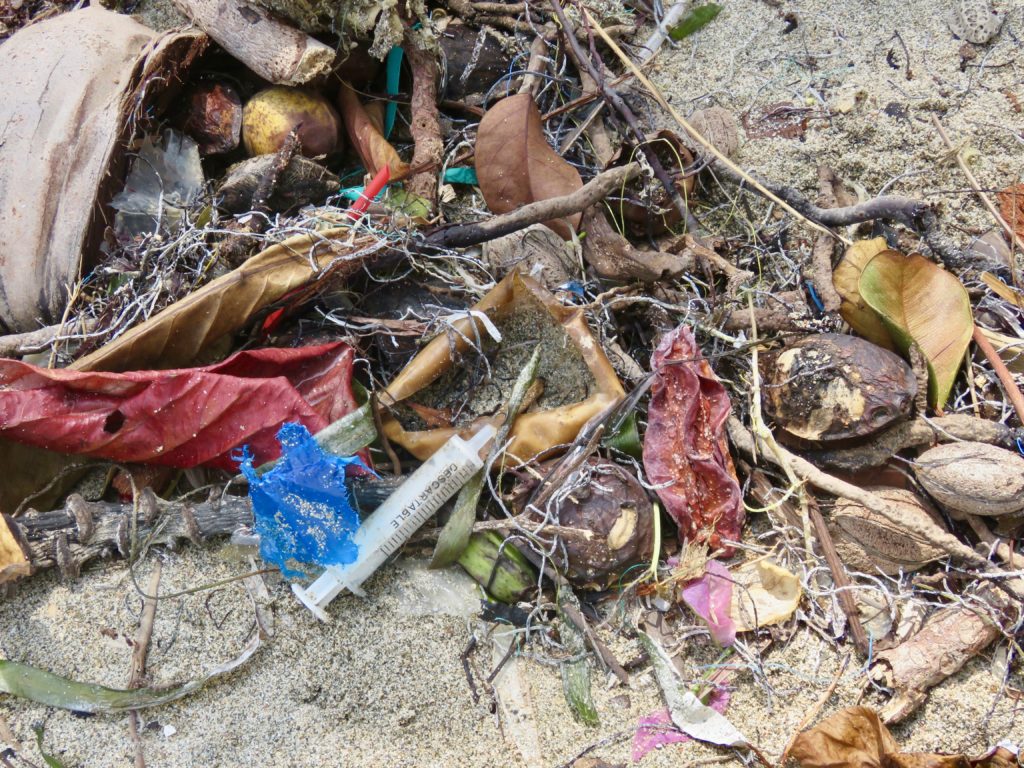
So, to me, questioning paying 15 cents for a bag at a supermarket is almost inconsequential, laughable.
The whole concept of even having a “debate” renewed my fear – people really don’t get how bad the crisis is.
There is a horrendous reality and if the international community does not act with due responsibility for our planet and act swiftly – well I really don’t want to think about it – it’s too bleak.
In fact, I feel it already is.
Yet – hope remains.
Before I get back to the letter, there are some other important considerations in this conversation.
POVERTY AND THE ENVIRONMENT
Those living in poverty with little to no education might be more likely to rubbish the environment – simply due to a lack of options and awareness of the detrimental effects.
According to DoSomething.Org “Nearly 1/2 of the world’s population – more than 3 billion people – live on less than $2.50 a day. More than 1.3 billion live in extreme poverty – less than $1.25 a day.
Many of those living in such poverty, don’t have a simple garbage collection offered by the council or government – they are left to fend for themselves.
If millions of people don’t even have garbage deposal, surely BILLIONS of people around the world would have NO CONCEPT of recycling.
So revisiting the millions to billions of people who don’t know what to do with their rubbish – well – they often dump it in nature somewhere.
LOTS of it, containing NON DEGRADABLE plastic.
Otherwise – they BURN the rubbish and plastic, sending massive amounts of toxins into their land and into the Earth’s atmosphere.
Due to no fault of their own, these people are unaware of the negative impact they may be having on the environment.
Unlike Australian business travellers who can choose to offset their carbon emissions on their international flights or consumers who buy eco-friendly cars, these people in poverty don’t know what climate change is. They may have never even heard of it.
They haven’t seen CLEAN UP AUSTRALIA marketing campaigns on the TV. In fact they don’t even have a TV. Millions of people don’t even know how to read and write, even in their local language, let alone in English. With no means to be as informed as we are privileged enough to be, they do the best they can.
So how can we expect them to have awareness about these issues, when they struggle to eat?
The average Australian does not have the same excuses for not doing the ‘right thing’.
Many of us in developed countries have had a decent FREE education. We are the ones in a position to help people globally and as a result, help us all.
If companies and customers in Australia can’t lead the way and set an example for the rest of the world with the country’s advanced resources, generally good environmental regulations already in place, with a HIGH level of public awareness of the NEED to reduce plastic (pollution) – then it doesn’t hold much hope for countries who are WAY, WAY, WAY behind. Countries where much of their population lives below the poverty line and where companies and governments are allowed to (or not penalised for) pumping ANYTHING into rivers and oceans.
Using recyclable enviro-friendly sturdy shopping bags, or cardboard boxes to transport my shopping, rather than using disposable plastic bags is nothing that I feel proud about.
To me, it is an obligation as a global citizen.
Now finally – to my letter…
DEAR SUPERMARKETS:
- In my humble opinion your obligation should be more than just banning plastic bags at your store check-outs. Banning plastic bags is just a drop in the ocean. I’m sure your marketing teams are going into over drive to reassure customers they are doing something tangible to reduce plastic and hence doing their bit to help to “Save The Environment.” Hashtag. I imagine graphic designers in Advertising agencies across Australia searching for stock vision of ocean animals, which the average shopper loves, such as dolphins or turtles to evoke emotion. Yet banning plastic bags, whilst a good move, is almost just “feel-good”- far removed from the REAL problems.
- When the cargo ships you use to transport goods for your supermarkets travel the oceans between Asia and Australia, North America to South America – how much rubbish is thrown overboard by staff? Are you able to educate shipping staff worldwide to understand the importance of not littering the ocean? Can you lobby transport companies to put into practices so they get fined if they are found to be dumping rubbish at sea?
- Everything washes up here
- Can you imagine what this charger cord could do around a turtle’s neck?
- Debris in Colombia near the Panama border
- Used products bought in supermarkets are left on beaches everywhere, from Maine to Miami. They drift out to sea entering the currents and catching in bays, coves and beaches around the Caribbean. Beaches, previously having the reputation as being some of the best in the world are now a plastic rubbish tip for all of North America’s coastline. Are you prepared to take responsibility for your products now washing up across the world?
- Millions of livelihoods in the Caribbean region are threatened as their beaches are hammered with plastic. Tourism is waning – who wants to pay money to stay at a beach littered with garbage?
Supermarkets – are you willing to step up to help?
- If your corporations, with their massive profits, would like to do something substantial towards fixing this global problem on plastic – I know the Dominican Republic, Colombia, Panama, Belize and Mexico might need your help? I have some ideas for some international projects if you are interested in assisting communities suffering from this onslaught of plastic on their shorelines.*
DEAR CUSTOMERS:
- I invite you to reconsider your sense of entitlement. Whether you pay, or not, for a plastic bag, please remember you can do a lot more than just refusing one.
- Be respectful, acknowledge and be proud that Australia has stepped up a commitment to reduce plastic. Help these supermarkets in this transition time and treat staff appropriately.
- The health of waterways in Asia, South America and worldwide, is the priority to “TACKLE!”
- Australian should be smart or caring enough to realise that refusing plastic bags from shops is a SMALL contribution. Isn’t it the LEAST we could all AIM to do, given the context of the global issues. Isn’t it only fair that those who are well educated and resourceful – do whatever is reasonably possible and within their POWER to help.
- So – save your 15 cents, take a bag to the shop and devote your energy to helping with BIG picture solutions – the world sure needs it.
- Please see my note above addressed to Supermarkets, on countries who need your help to improve the ocean’s health*
The sentiment of travellers in the Caribbean is well summed up by Steve in this post.
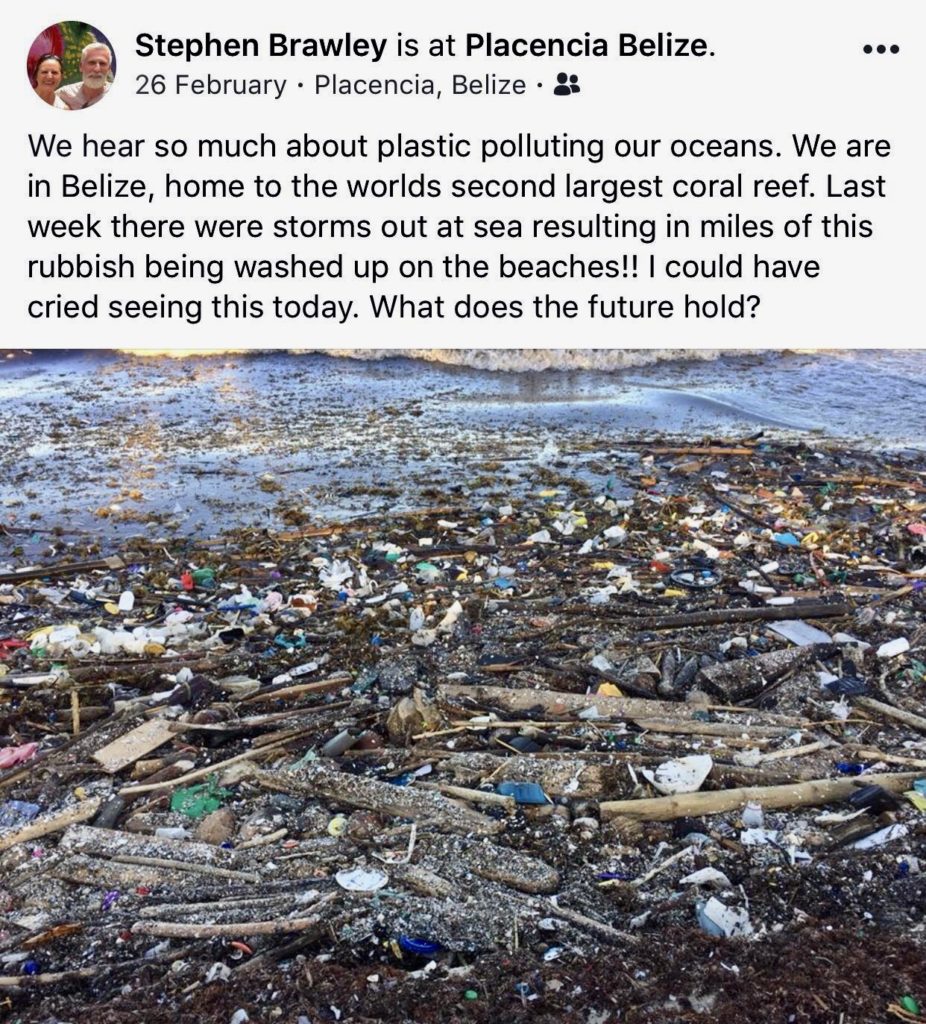
SUMMARY
I don’t claim to have the answers.
I’m certainly not perfect. I do my best to minimise my use of plastic and contribution to landfill plus being an avid recycler, re-user and composter when I have the opportunity.
But I feel I need to do more, which is why I wrote this post.
One person at a time, one street, one town, one city, one country and eventually with one global consensus – we can change the future of this planet for the better.
I don’t have the power of an international leader, nor the smarts of an environmental genius. I am a travel writer, one whom tries to find remote places still untouched, a passionate lover of the beach and ocean, a nature lover in general whose dream it is – to witness the world’s waterways regain their health.
I don’t want to face a time when the ocean, rivers or lakes are too toxic to enter and I can no longer eat the ‘fruits of the sea’ because my ‘species’ poisoned them.
With the voice of determination, the only power I seemingly have is to write this.
Australian supermarkets and disgruntled customers – banning plastic bags is a drop in the ocean.
As Blondie declares;

As I bring this blog to a close I reflect on my time walking with “The Professor” around Sapzurro, Colombia. Knowing full well how his coastline has gone from pristine to plastic peril I felt listless. Now an old man, he remembers the days when this place was like so many others on earth, devoid of trash.
Communities like this in Sapzurro don’t have the resources to deal with the invasion. They don’t have recycling or garbage pickups nor do locals fully understand the impact. So it all just gets left where it washes up, or until it goes back out into the ocean for another circulation.
Without a doubt, all over the world’s coastlines there are (plastic) items which can be washed, reused or recycled.
All that is required is effort and some funding. So many useful things dropped from boats and beaches could come to some use in many impoverished nations, whilst assisting wildlife by removing it.
So supermarkets – if you want to talk “environmental help” – I’d love to hear from you.
I know the dreams of The Professor and those of mine – to recreate this broken paradise.
Who is on board?
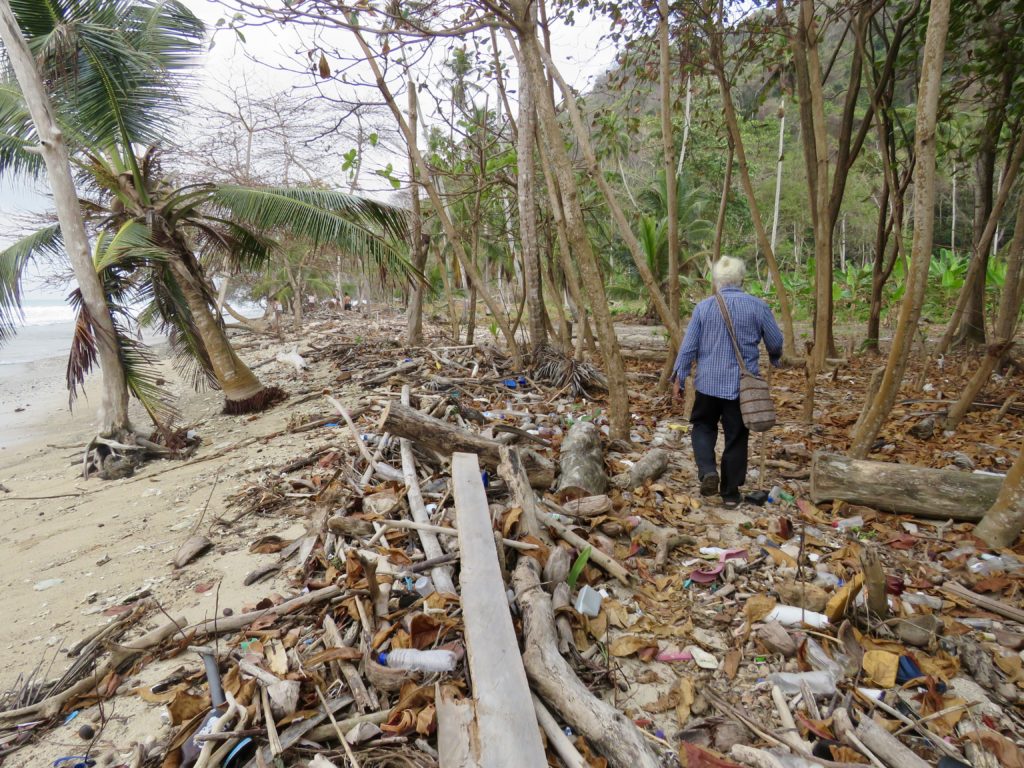
References & Further Reading
BBC: Plastic bags – Australia anger over Coles ‘caving in to tantrums’
BBC: Plastic bags – Shop assistant ‘grabbed by throat’ as Australia ban starts
CNN: Australia Plastic Bag Ban
Independent: Australia Plastic Bag Ban
BBC: Wave of plastic hits the Dominican Republic
One Green Planet: There Will be More Plastic in the Oceans Than Fish by 2050
The Guardian: More plastic than fish in the sea by 2050
Reuters: Ban plastic bags? U.N. seeks to cut pollution as recycling falls short
Please SHARE if you want to do what you can to minimise and reduce your footprint!
#setagoodexample #beinnovative #makeiteasytorecycle #dontbelazy #getinformed #helptheinternationalcommunity #fixthings #recycle #repair #cleanup #banningplasticbagsisjustadropintheocean

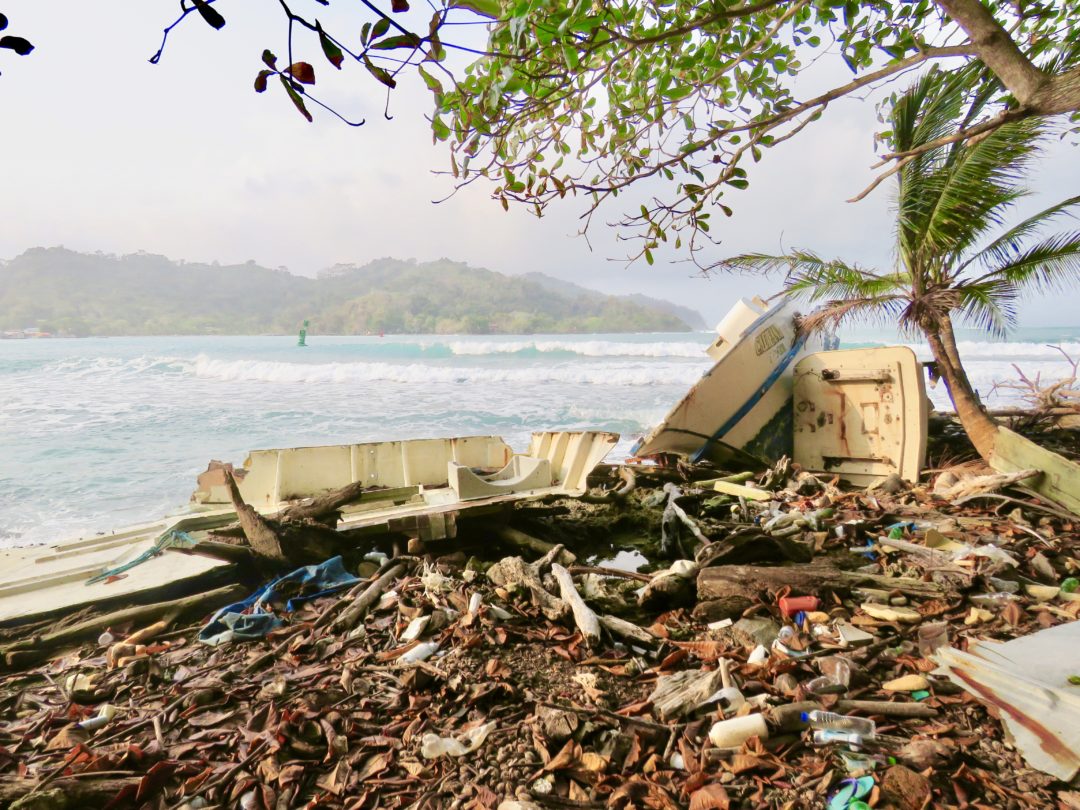
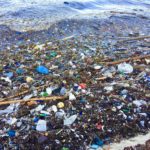

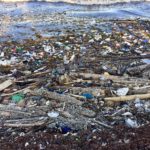
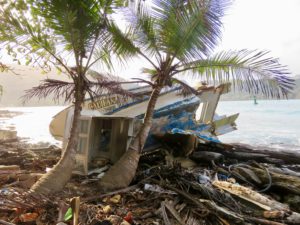
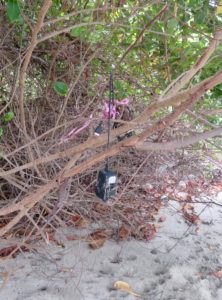
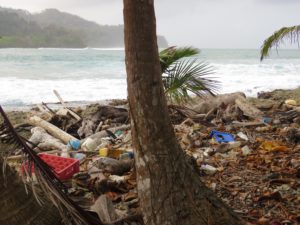
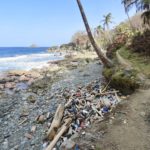
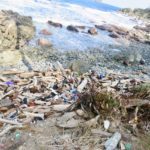
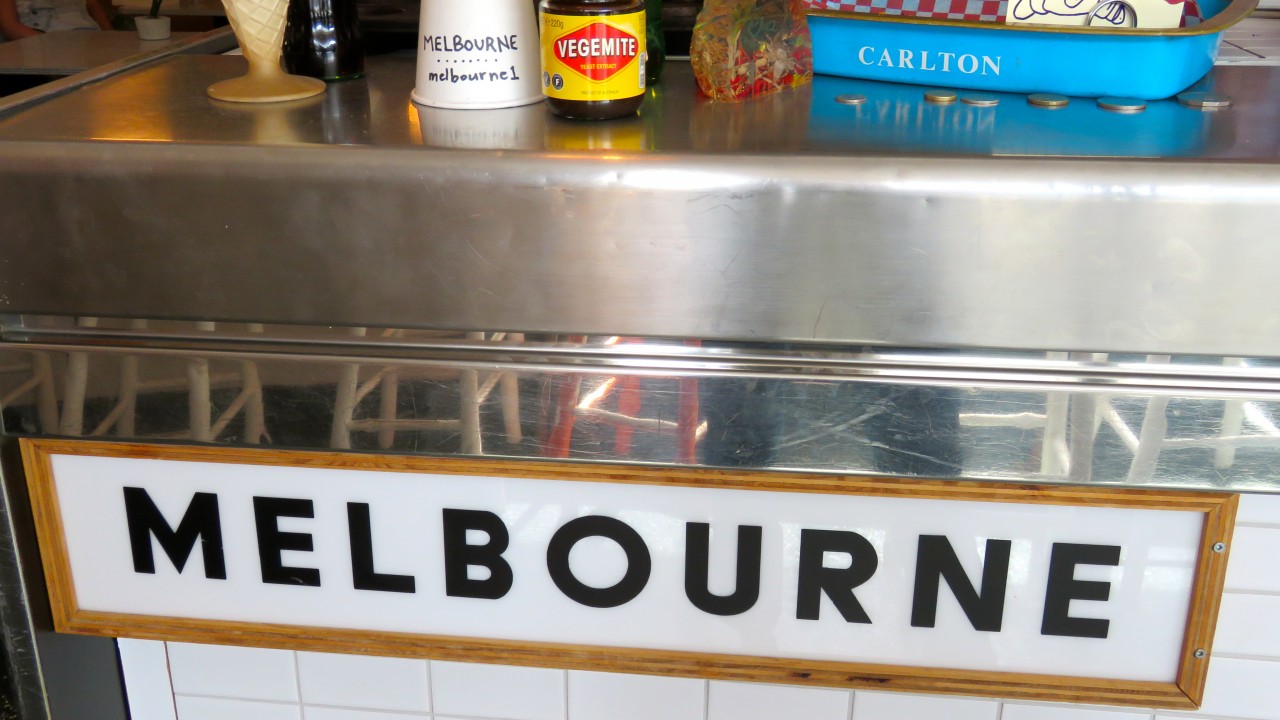
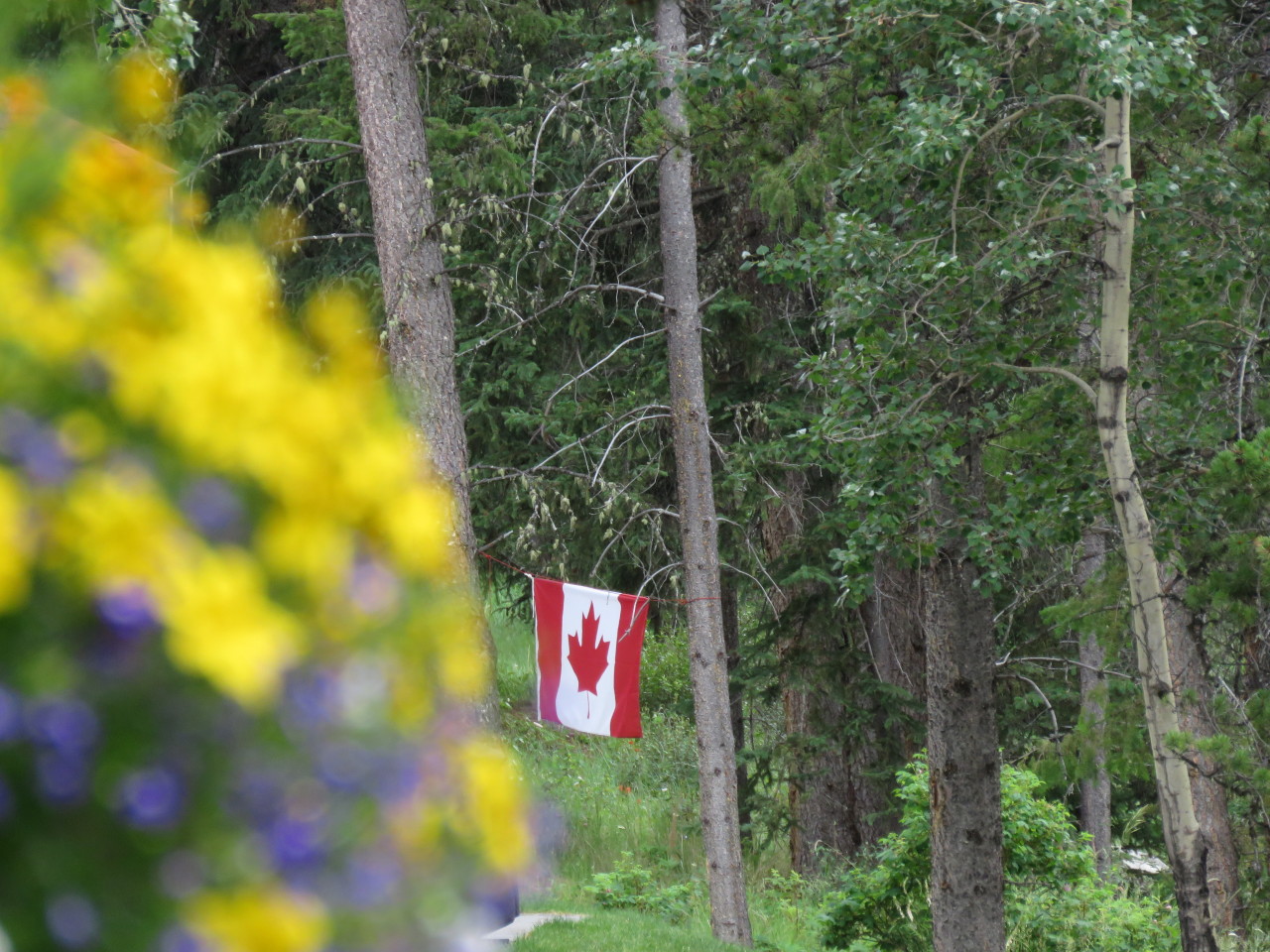




2 Comments
Sally Watson
November 7, 2018 at 11:06 pmThanks Susan! I’m glad you got something out of the article. Yes, crisis it is! But – hope shines through!! x
Susan
November 7, 2018 at 12:00 amSuch an important topic and you have raised some really good points. Thank you for being attention to this crisis on our planet.